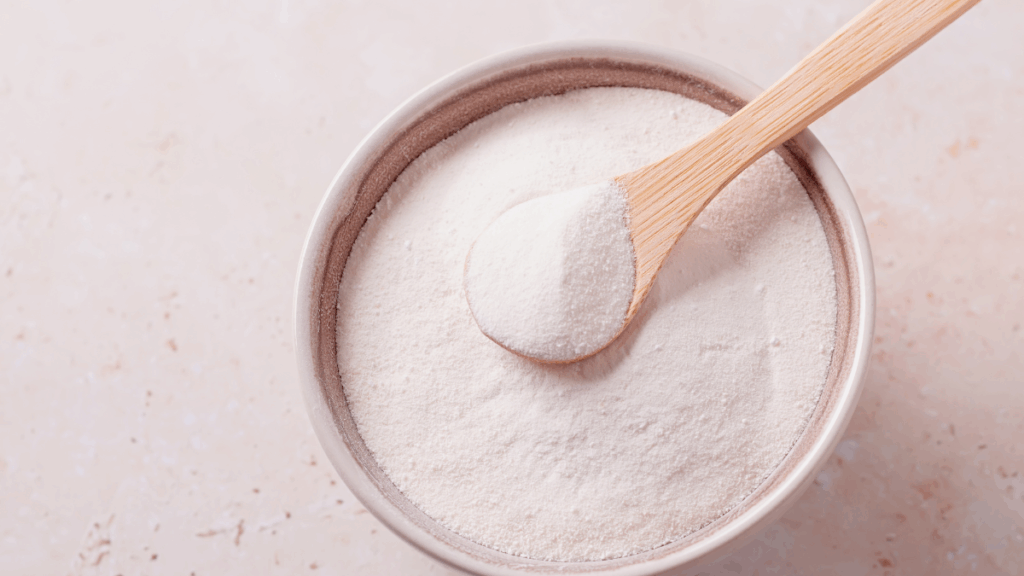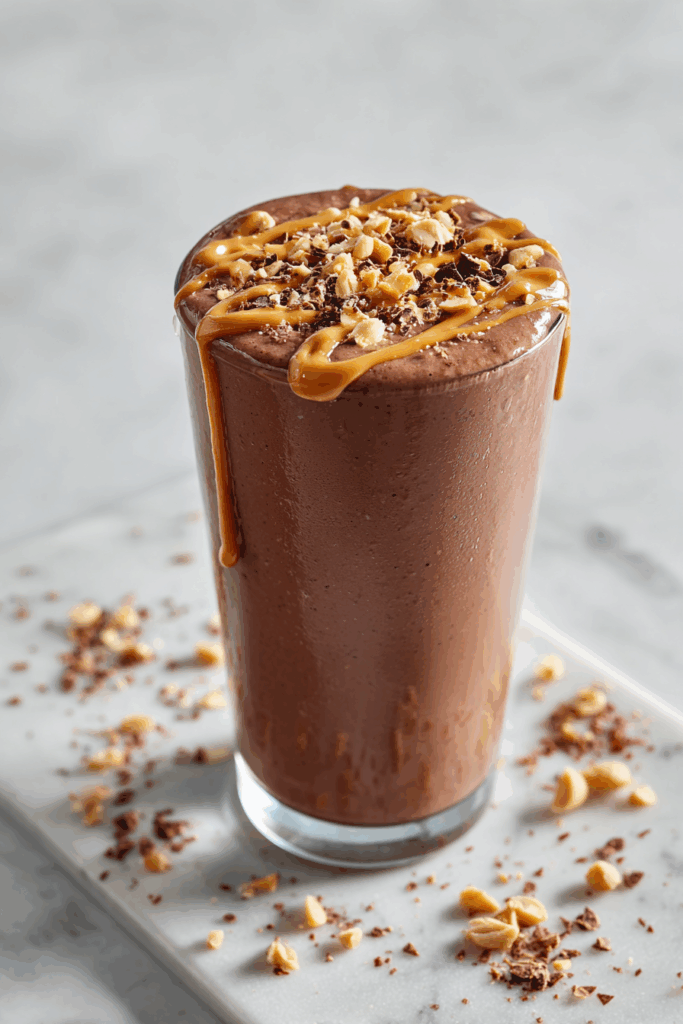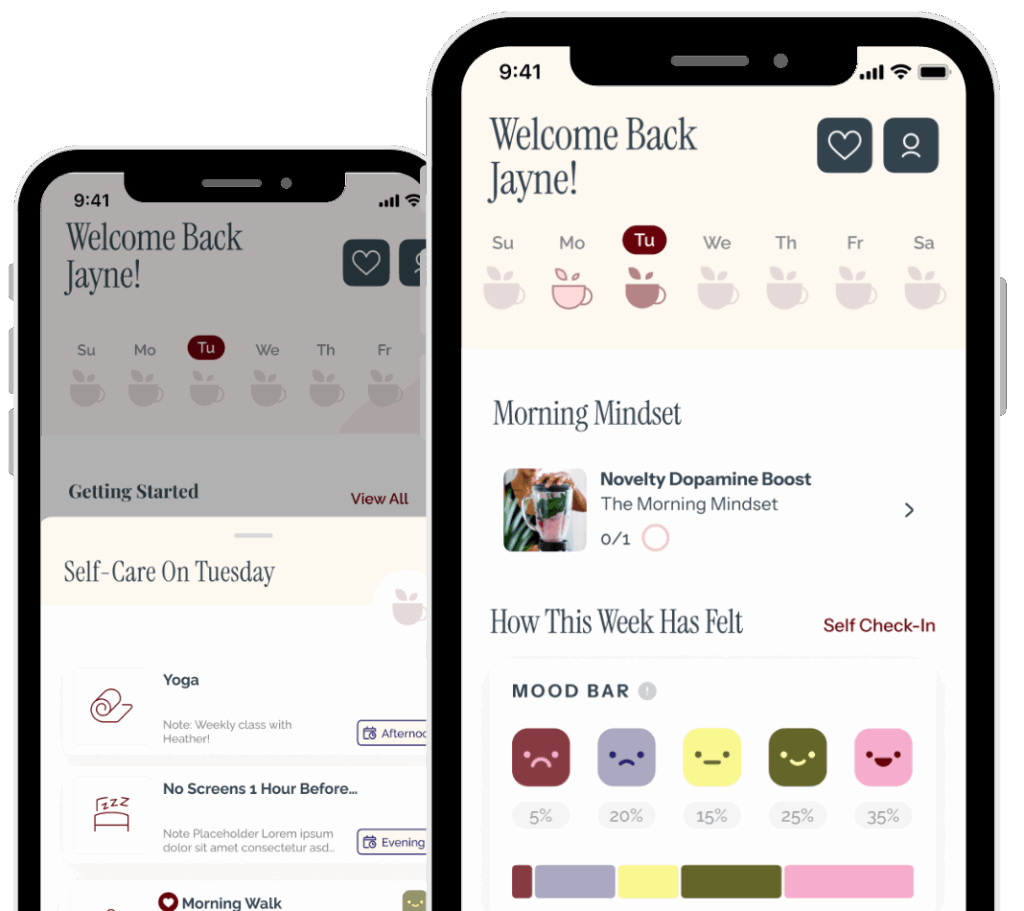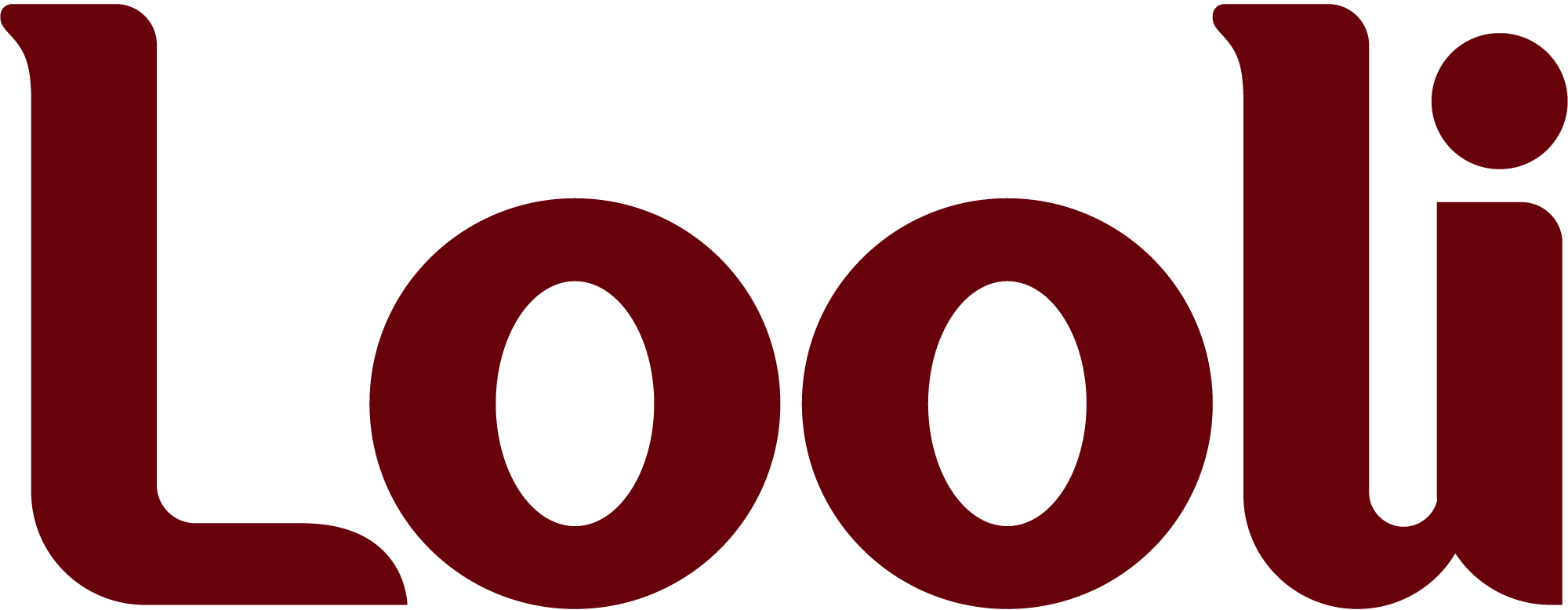Collagen 101: Benefits, Types, and How to Use It
Collagen is the most abundant protein in the human body, integral to skin elasticity, joint health, and connective tissues. As we age, natural collagen production declines, leading to visible signs of aging and joint discomfort. This post delves into scientifically supported benefits of collagen supplementation, types of collagen, and practical usage guidelines.

What Is Collagen?
Collagen serves as a structural protein found in skin, bones, muscles, tendons, and ligaments. It provides strength and elasticity to tissues. With aging, collagen production decreases, contributing to wrinkles, joint pain, and weakened connective tissues.
While collagen is a protein, it is different from the proteins in meat, eggs, or dairy. Its amino acid profile is unique, with high amounts of glycine, proline, and hydroxyproline—key building blocks your body uses to produce and maintain collagen in connective tissues.
As we age, natural collagen production slows, which can contribute to wrinkles, joint discomfort, and weaker connective tissues. Supporting your body with collagen doesn’t deliver it directly to your skin or joints but provides the amino acids it needs to build and repair collagen.
Sources of Collagen and Daily Needs
Collagen is found in animal-based foods rich in connective tissue. Bone broth, made by simmering bones and cartilage, is one of the most concentrated sources. Skin-on poultry, pork skin, beef, and fish with skin also provide collagen. Gelatin, a cooked form of collagen, is found in foods like homemade jellies or broths.
There is no official recommended daily intake for collagen, but research often uses doses between two and a half and ten grams per day. Most people get a few grams naturally from their diet, depending on how much collagen-rich food they eat. Including a mix of collagen-containing foods along with other high-quality proteins ensures your body has the building blocks it needs to support skin, hair, nails, joints, and connective tissues.
Protein Packed Recipes
Meeting your daily needs is easy with our dietitian crafted recipes that provide you with the recommended amounts needed to stimulate and support muscle growth.



Types of Collagen and Their Sources
Collagen is categorized into several types, each serving different functions:
- Type I: Predominantly found in skin, tendons, and bones.
- Type II: Found in cartilage and joints.
- Type III: Found in skin, muscles, and blood vessels.
Most collagen supplements, such as Vital Proteins Collagen Peptides, contain hydrolyzed Type I and III collagen derived from bovine sources. These types are commonly used for skin and connective tissue support. Type II collagen, often sourced from chicken sternum cartilage, is typically used in joint-specific supplements.
Scientifically Supported Benefits of Collagen Supplementation
1. Skin Health
Research indicates that oral collagen supplementation can improve skin elasticity, hydration, and reduce wrinkles. A systematic review and meta-analysis of 23 randomized controlled trials (RCTs) involving 1,125 participants found significant improvements in skin hydration, elasticity, and wrinkles among those who took collagen supplements compared to those who did not.

2. Joint Health
Collagen supplementation has been studied for its effects on joint pain and mobility. A meta-analysis of four trials involving 507 patients with knee osteoarthritis revealed significant pain relief in those who received collagen peptides compared to those who received a placebo. Source
Additionally, a 24-week study demonstrated that athletes who took collagen hydrolysate experienced improvements in joint pain and function.
3. Hair and Nail Health
While evidence is less robust, some studies suggest potential benefits of collagen supplementation for hair and nail health. A study published in the Journal of Drugs in Dermatology found that daily ingestion of bioactive collagen peptides improved nail growth and reduced symptoms of brittle nails.
However, more research is needed to conclusively determine the effects of collagen on hair health.
How to Incorporate Collagen into Your Routine
To reap the benefits of collagen supplementation:
- Dosage: Studies suggest that a daily dose of 2.5–15 grams of collagen peptides is effective. For skin health, 2.5–5 grams daily have been used in studies. For joint health, higher doses may be beneficial.
- Form: Collagen supplements are available in various forms, including powders, capsules, and liquids. Hydrolyzed collagen peptides are preferred for better absorption.
- Timing: Collagen can be taken at any time of day. Some prefer taking it in the morning with coffee or in smoothies.
- Combination: Vitamin C enhances collagen synthesis, so consider combining collagen supplements with vitamin C-rich foods or supplements.
Like most supplements, consistency here is key! If you have the Looli app you can add “Take Collagen” to your daily self-care habits tracker to get a reminder and check it off once complete. [Free 7 day app trial here]
Potential Side Effects and Considerations
Collagen supplements are generally considered safe for most individuals. However, some may experience mild digestive discomfort. Allergies are possible if the collagen comes from fish or bovine sources. While collagen can support healthy skin and joints, it’s not a miracle fix—results take time and consistency. Always consult a healthcare provider if you have specific health concerns.
Collagen Conclusions
Collagen is a versatile protein that supports skin, hair, nails, joints, and overall tissue health. While natural sources and lifestyle habits are important, supplements offer a convenient way to boost Type I and III collagen in your routine. Whether you’re looking for beauty benefits, joint support, or general wellness, collagen can be a helpful addition to a balanced lifestyle.
Article Written By: Colleen Christensen, R.D.

Colleen is a non-diet Registered Dietitian based in Grand Rapids, MI. She is the founder of the social media brand “No Food Rules” where she is committed to debunking diet culture and nutrition myths through relatable humor.
Follow Colleen on social media:

Download The Looli App
Make your wellness a priority, inside and out!
Start your free 7 day trial and access more tools, resources, content, recipes, workouts and more.

